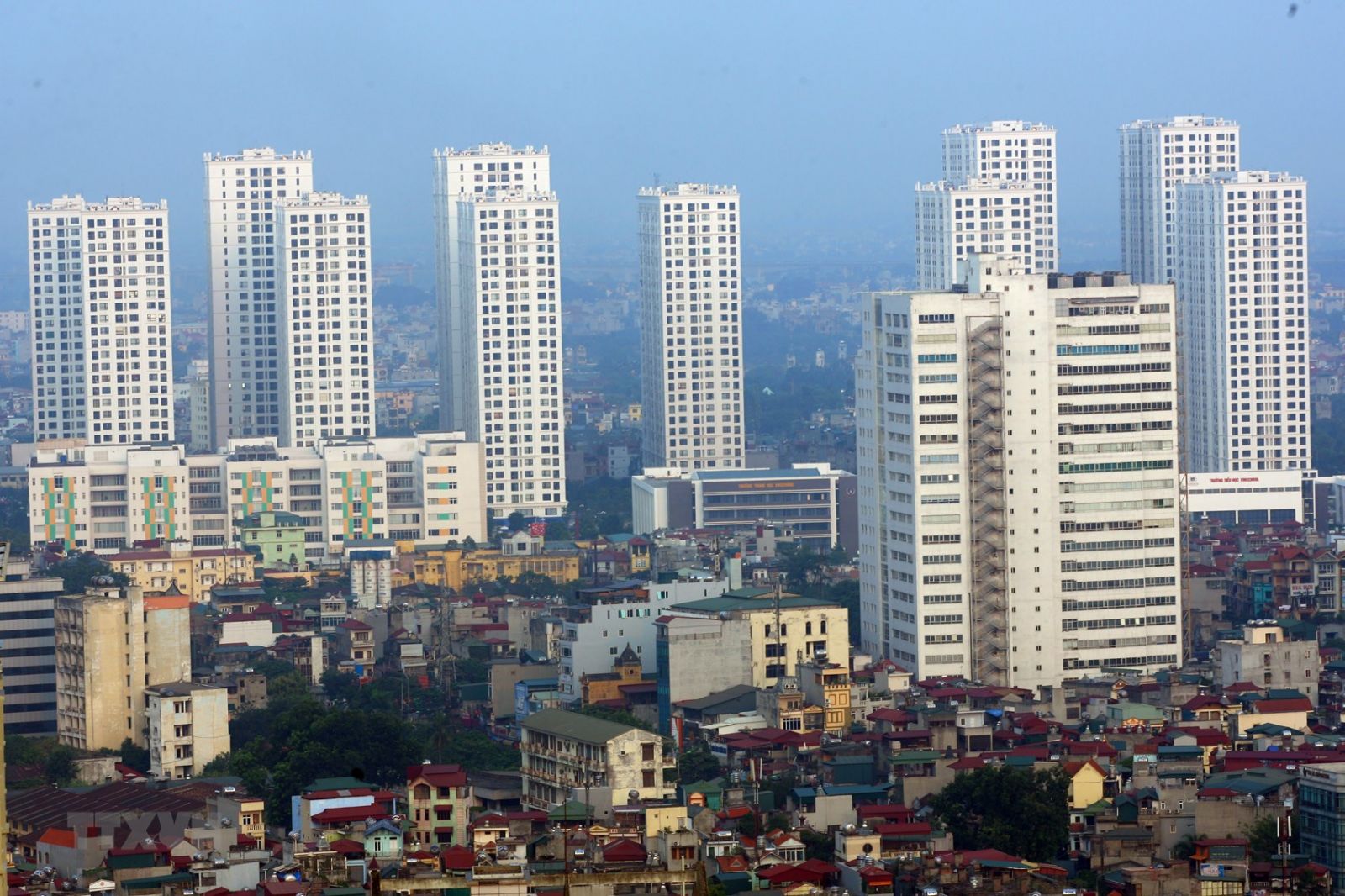While Vietnam property market has recovered and got momentum since 2014, it still faces many potential risks, including oversupply in high-end segment, shortage of affordable homes, incomplete and unreliable database about the market, high prices of properties.
Therefore, PM Phuc asked the Ministry of Construction to complete the draft revised laws on amendments and supplements to the laws on construction, housing and property business, add housing support policy for public servants and amend construction standards for apartments, condotels, officetels, and resort villas.

The ministry was also urged to collaborate with competent ministries, sectors and localities to improve inspections and ask property developers to build comprehensive technical and social infrastructure, fire fighting systems before handing over homes to buyers. These agencies should work together to keep close watch on developments of the property market to have timely solutions in response to market fluctuations.
Besides, PM asked the Ministry of Natural Resources and Environment to give instructions to organisations and individuals on land use rights of new property products such as condotels, officetels and resort villas. It should improve inspections of land lease, ranting of land use rights, and land use at industrial complexes, urban development projects and resort tourism sites.
Meanwhile, the Ministry of Finance was told to work with relevant ministries and sectors to study rational financial institutions like housing savings fund, property investment fund and real estate trust fund to mobilise resources for the property market.
The State Bank of Vietnam is responsible for operating flexible monetary policies, controlling credit scale in line with macro-economic development and tightening loans for the real estate industry. The central bank must encourage credit institutions to allocate capital for social housing projects and low-cost commercial housing developments.
Local authorities must supervise market developments and map out measures to stabilize the market and prevent any possible real estate bubble. When reviewing planning for urban areas and industrial parks, local authorities should give priority to ensuring sufficient land areas for social housing projects.


















